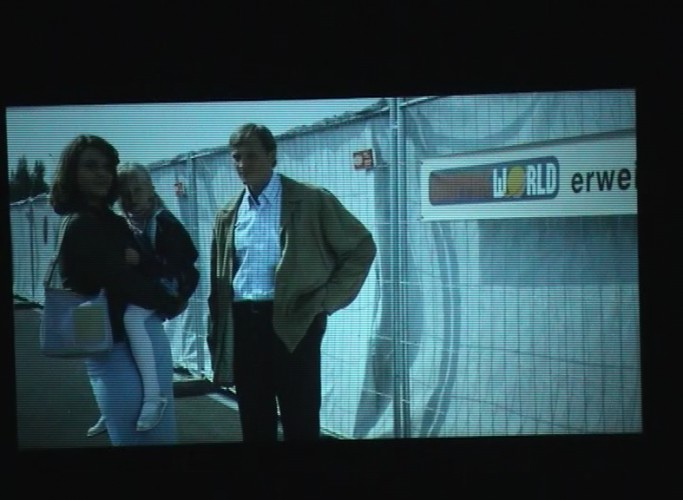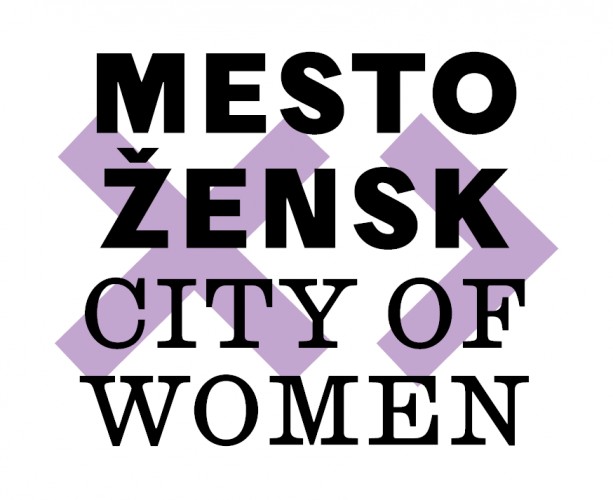A butterfly flaps its wings and, according to Edward Lorenz's theory of chaos, it triggers a tornado over the gulf of Mexico. A plane crashes, the flotsam floats in the sea; in their midst in a life-boat, shocked, with a blood-spattered face, sits the only survivor: Manu (the strong Kathrin Resetarits), an Austrian as a supermarket cashier.
Six years later another miracle fails to occur: on her way home from a disco, Manu slides to her death along an icy road. When she disappears from the lives of her family and friends, she takes all sense of miracles with her: her husband Andreas (an effectively restrained Georg Friedrich) sets his heart on a dream of owning a house; her best friend Andrea (Ursula Strauss) is tortured by guilt. A vicious circle is set in motion: guilt and forgiveness, cause and effect, coincidence and intention begin to interfere with each other in a complex way, capturing a wide repository of characters. With her second feature film, Böse Zellen/Free Radicals, Barbara Albert (known for her first film Nordrand) offers a violent, highly filmable meditation on the search for meaning from all aspects, without ever falling into flowery language.
Free Radicals – a musically structured and intricately composed, exceptionally physically acted and extremely densely edited film – measures through the four seasons and is a virtuoso ride (photography by Martin Gschlacht) on the emotional turbulence and the (often quiet) desperation in the protagonists' lives.
Albert weaves a multi-sense web of harmonised, mostly by-the-way, interlocking details with extraordinary ambition. Overhead shots provoking anxiety as in the thriller genre, accompanied by sounds of breathing, suggest the possibility of supernatural phenomena (in one scene, the camera is even fastened to a Ouija board), the true character of the film comes from the director's extraordinary gift for realistic condensation: through concise, pointed scenes, an exuberant panorama of necessities emerges. Consumer society meets these necessities with shopping centres, fast-food restaurants and TV talk-shows, which offer only insufficient, substitutional satisfactions, while people who are haunted by uncertainty try to find some stability in their lives.
At best, this stability appears for a short time, consistently paired with musical numbers (always anchored in the picture), reaching from a mass disco to church songs, and offers an ecstatic daze of motion or spiritual consolation.
Free Radicals puts chaos theory and money-makers, the psycho-analytical method of role playing and hunting for special offers, hard sex and gentle gestures side by side; the difference between the banal and the sublime weakens; as in Thomas Pynchon's novels a connection exists between all or nothing, and both images are equally disturbing.


